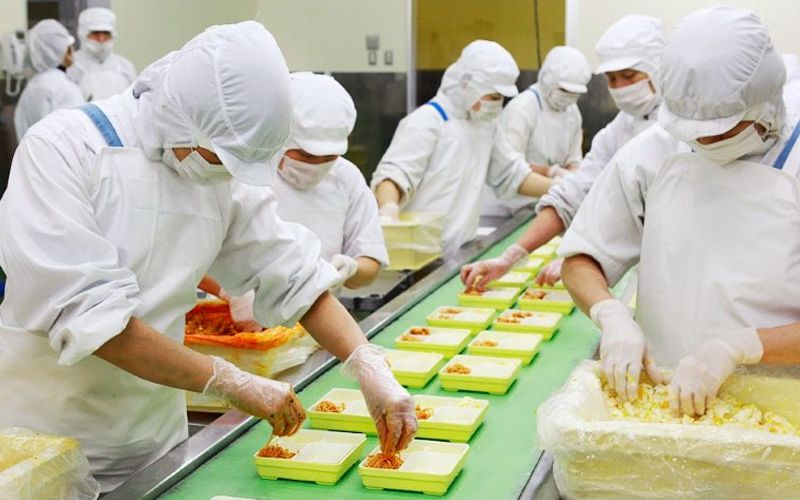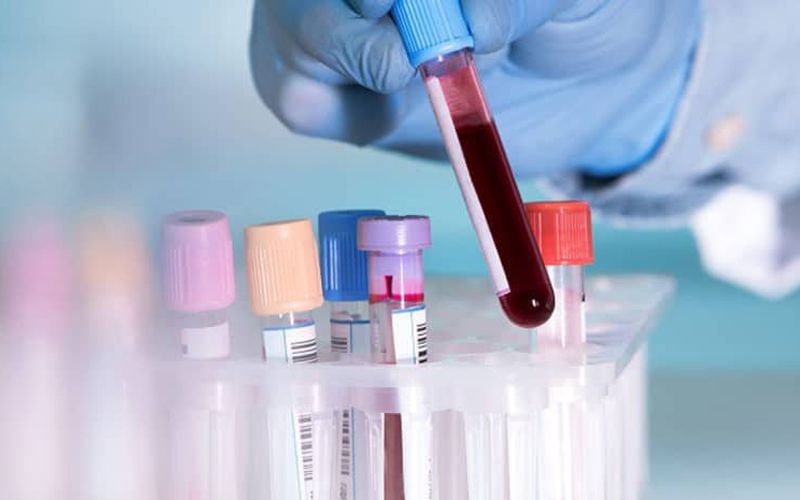About the program
The Pharmacy Intermediate Program emphasizes practical skills and assists in learning the core curriculum, incorporating extracurricular activities, enabling learners to gain practical access, improve their knowledge, and provide opportunities. employment after graduation. The program includes:
– General knowledge: politics, informatics, foreign languages, law, physical education, national defense and security education, writing, reading medicine, botanical, analytical chemistry, communication – health education and health management organization.
– Expertise: Pharmaceutical, Pharmacy, Pharmacy, Pharmacology, Pharmacology, Pharmacy, Medicine and Pharmacy, etc.
– Practical and professional internship and graduation are arranged separately to focus on professional skills training.
– Completion of the program, students are granted a diploma of Pharmacy Intermediate and can continue the program of transfer to college, university.
Knowledge
– Presentation of basic knowledge on chemical analysis, pharmaceutical plants, pharmaceuticals, pharmacology, technical processes in drug preparation, preservation of drugs and medical instruments, techniques for drug testing.
– Identify the needs, planning drug supply of the community where work.
– Apply the knowledge and techniques learned to participate in the activities of protection and health care community.
Skill
– To be capable of managing, preserving, storing and supplying medicines and distributing them at medical examination and treatment establishments and pharmaceutical business establishments strictly according to the technical process;
– Ability to produce a generic drug within the scope of assigned responsibility;
– Guiding patients and communities to use drugs safely, reasonably and efficiently;
– Guiding people to use medicinal herbs to make medicines;
– Participating in the implementation of health programs in the localities where they work according to their assigned tasks;
– Implement the law on protection of the people and professional regulations of the Ministry of Health;
– Have communication skills, communication counseling, health education for patients and the community.
Capacity of autonomy and responsibility
– Practice according to the law, devoted to the cause of protection and care of human health.
– Respect and sincerely cooperate with colleagues, preserve and promote good tradition of the industry.
Job opportunities
Learners after graduation can contribute to the work of people’s health care such as: Implementing the pharmacy at the hospital such as the management of drug stores and distribution of drugs; To coordinate with the pharmaceutical business in drugstores, pharmaceutical companies; To work at medical establishments, drug production and trading establishments of the State, non-public establishments and the ability to transfer to colleges and universities.











